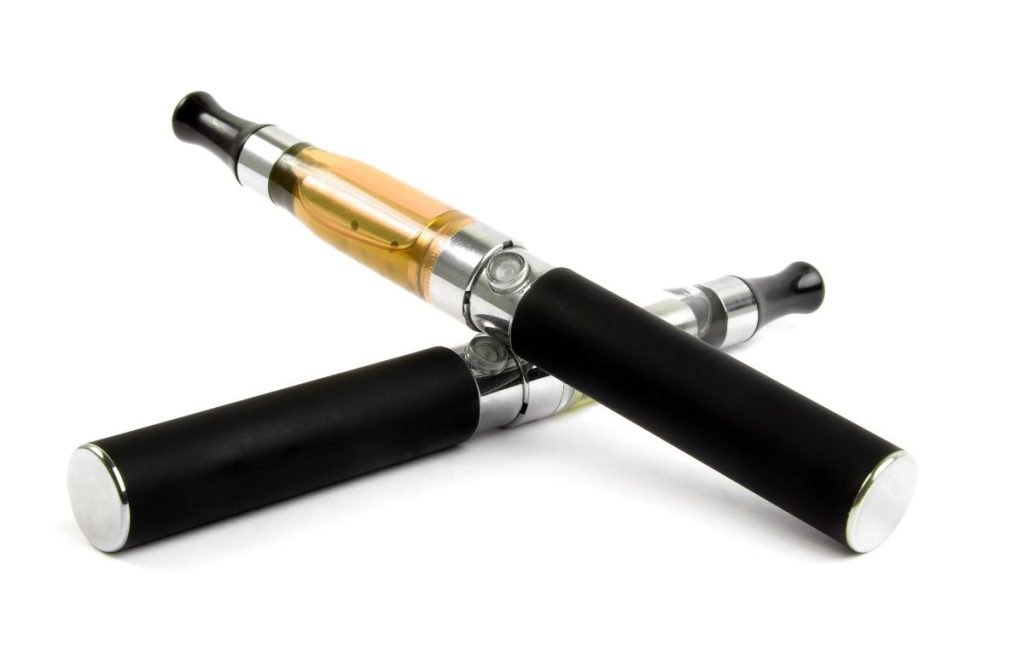Cultivating Mindfulness – Mind-Body Approaches to Bipolar Disorder Treatment
Bipolar disorder is a complex and challenging mental health condition characterized by extreme mood swings that include periods of mania and depression. While conventional treatments such as medication and therapy have proven effective for many individuals, a growing body of research suggests that integrating mindfulness-based practices into bipolar disorder treatment can offer additional benefits. Mindfulness, rooted in ancient meditative traditions, focuses on cultivating present-moment awareness and acceptance. This article explores the potential of mind-body approaches, particularly mindfulness-based interventions, in complementing existing treatments for bipolar disorder. Bipolar disorder is a chronic psychiatric condition that affects millions of people worldwide. Individuals with this disorder experience distinct mood episodes, including manic or hypomanic states characterized by elevated mood, and impulsive behavior, as well as depressive states marked by feelings of sadness, and low energy. These mood swings can significantly impact daily life, relationships, and overall well-being.
The Role of Mindfulness in Bipolar Disorder:
Mindfulness involves non-judgmental attention to the present moment, observing thoughts and emotions without attachment or reactivity. Research has shown that practicing mindfulness can help individuals develop coping mechanisms, reduce stress, and improve emotional regulation. For those with bipolar disorder, mindfulness-based interventions can potentially enhance self-awareness, allowing them to recognize early signs of mood shifts and intervene before they escalate.
Mindfulness-Based Cognitive Therapy MBCT:
One prominent mindfulness-based approach that has gained attention in bipolar disorder treatment is Mindfulness-Based Cognitive Therapy MBCT. Originally developed to prevent relapse in individuals with recurrent depression, MBCT has shown promise in supporting bipolar patients in managing their mood fluctuations and learn more at https://www.havenpsychiatrynp.com/services/bipolar-disorder-treatment/. By combining cognitive therapy with mindfulness practices, MBCT encourages participants to observe their thoughts and feelings from a more detached perspective, reducing the likelihood of getting entangled in negative thought patterns.
Mindfulness Meditation for Emotional Regulation:
Mindfulness meditation exercises, such as focused breathing and body scan techniques, can be invaluable tools for emotional regulation. People with bipolar disorder often struggle with heightened emotional reactivity, making it challenging to navigate intense emotions. Regular mindfulness practice can foster emotional resilience, enabling individuals to respond to emotional triggers more skillfully and prevent emotional extremes.
Acceptance and Commitment Therapy ACT:
Another mindfulness-based approach gaining traction in bipolar disorder treatment is Acceptance and Commitment Therapy ACT. ACT emphasizes accepting difficult emotions and experiences, promoting psychological flexibility and value-driven actions. By encouraging individuals to acknowledge and work through distressing emotions rather than avoiding them, ACT equips patients with the tools to cope effectively with mood swings and related challenges.
The Importance of Professional Guidance:
While mindfulness-based practices can offer valuable benefits, they should not replace conventional treatments for bipolar disorder. It is essential that individuals seek guidance from mental health professionals who are well-versed in integrating mindfulness into their treatment plans. These professionals can tailor the approach to each patient’s unique needs and provide necessary support throughout the process.
However, it is crucial that those seeking to incorporate mindfulness into their treatment seek guidance from mental health professionals to ensure a safe and effective integration of these practices.



